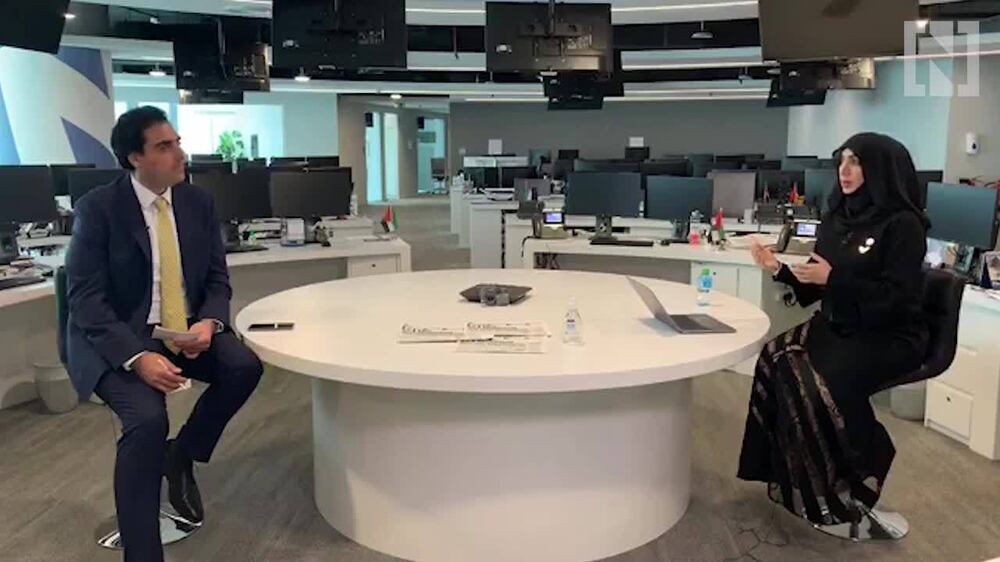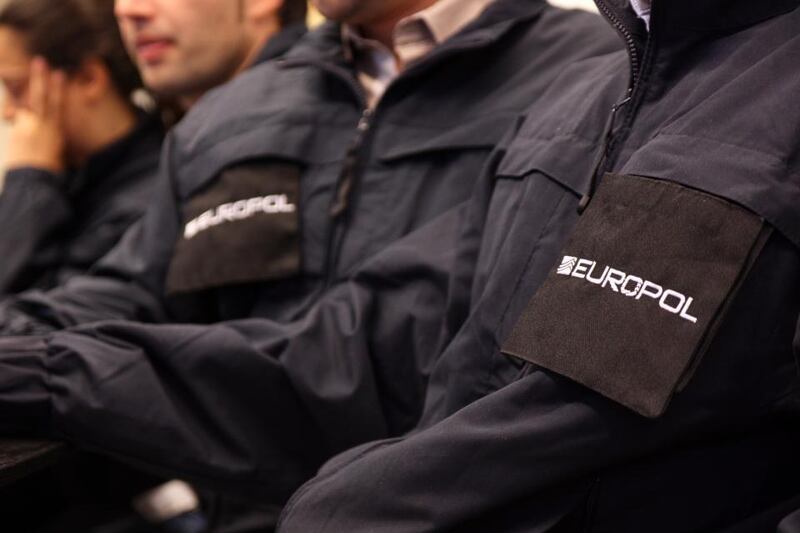European police have foiled an attempt to cheat German health authorities out of millions of euros by selling them non-existent face masks for the coronavirus pandemic, Europol said on Tuesday.
Police acted in two countries as Germany moved towards gradually lifting restrictions against Covid-19, which has killed about 3,000 people in the country.
But experts say any easing would mean residents would have to wear face masks on public transport to prevent a resurgence of infection.
Europol said two companies were contracted by the German government in mid-March to buy face masks valued at €15 million (Dh60.4m/US$16.4m) as global stocks ran low.
After they failed to buy from a website supposedly based in Spain, the two companies were referred to a "trusted" dealer in Ireland.
"The Irish middleman promised to put them in touch with a different supplier, this time in the Netherlands," Europol said.
An initial deal was made in which the companies paid €1.5m for the delivery of 1.5 million masks.
"The buyers initiated a bank transfer to Ireland and prepared for delivery, which involved 52 lorries and a police escort to transport the masks from a warehouse in the Netherlands to the final destination in Germany," Europol said.
But just before the delivery was due, the criminals said they needed another €800,000 "to secure the merchandise".
The buyers sent the wire transfer but the masks never arrived.
"It turns out the Dutch company existed but their website had been cloned," Europol said. "There was no official record of the order."
Police and law enforcement agencies including Europol and Interpol raced to recover the money.
Dr Aysha Al Dhaheri on wearing masks and gloves

The Irish police's economic crimes bureau, after a tip-off from Interpol, froze €1.5m in an Irish bank account and identified the Irish company involved.
The Dutch Fiscal Information and Investigation Service tracked down the €800,000 – of which €500,000 had already been paid into a British bank account – destined for an account in Nigeria.
After an alert was raised by investigators, the British bank was able to recall the full amount.
Those funds have now been returned to the Netherlands and frozen by authorities.
Dutch police arrested two suspects in the continuing investigation, Europol said.







